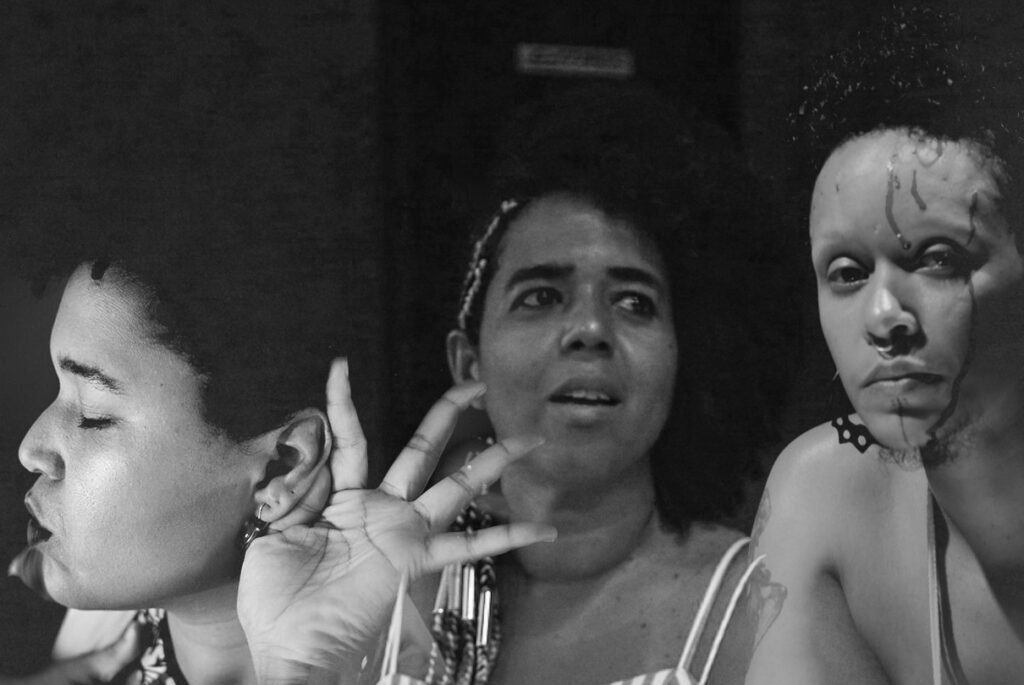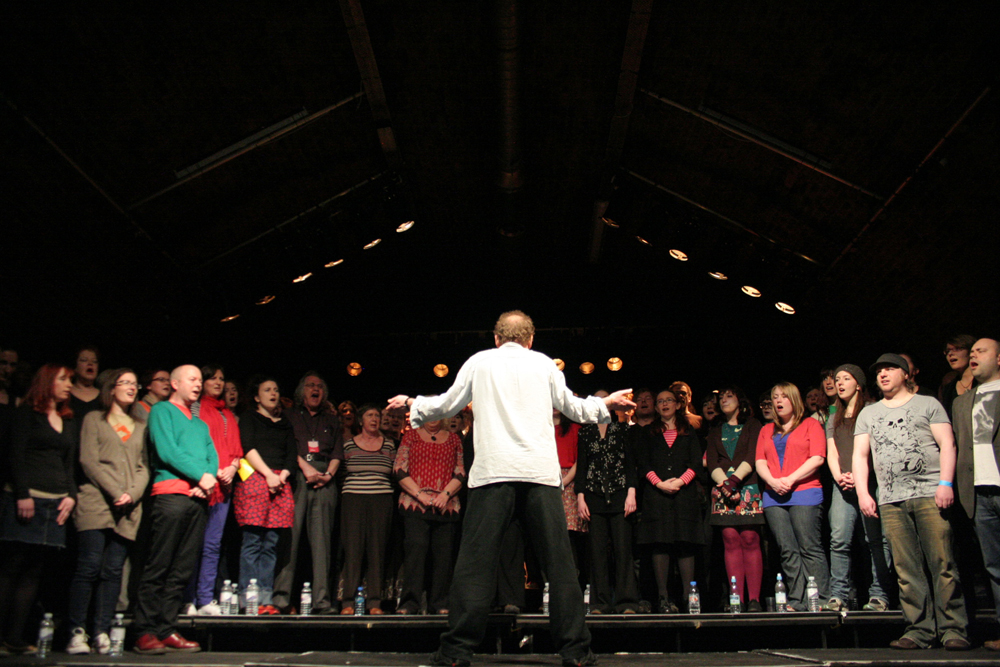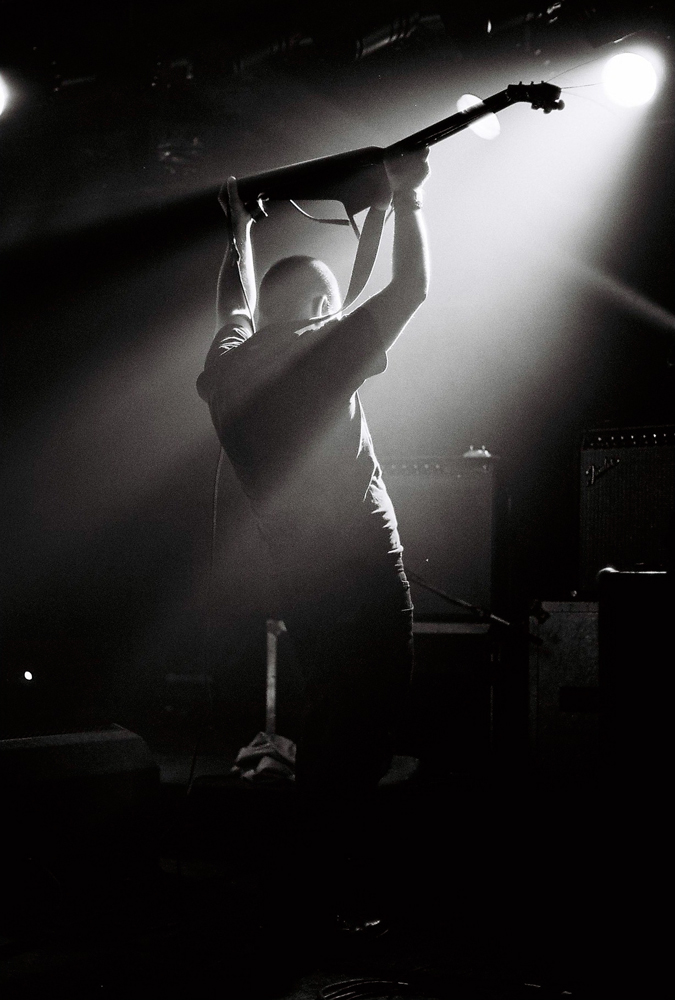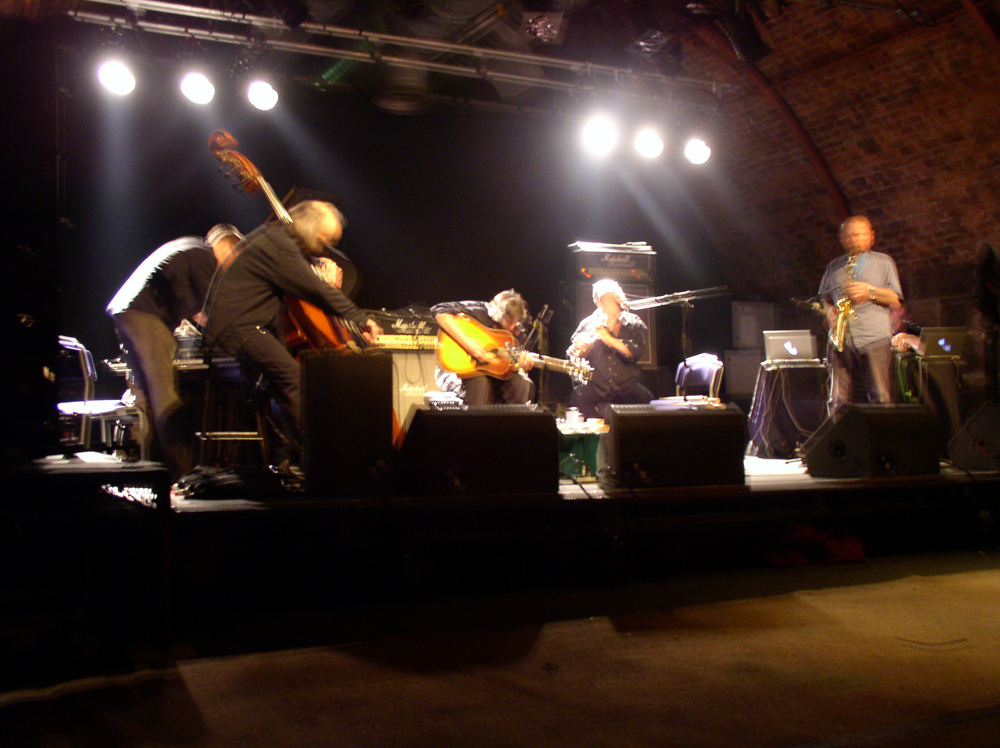
Beyond Transgression
Samuel R. Delany
Chip will read some of his great literary pornography, which pushes sexuality to the point of extremity and exhaustion.
Arika have been creating events since 2001. The Archive is space to share the documentation of our work, over 600 events from the past 20 years. Browse the archive by event, artists and collections, explore using theme pairs, or use the index for a comprehensive overview.

Chip will read some of his great literary pornography, which pushes sexuality to the point of extremity and exhaustion.

Lo-fidelity sheets of parinirvanic mangled tone get driven into oblivion by two longstanding gurus of the Northern England primitivist noise.

Bleu Shut reveals, and allows us to enjoy, our gullibility within the pervasive absurdity of modern life.

In this workshop we will imagine ourselves as time travellers from a glorious and chaotic neurodivergent-led future.

A 100 strong Feral Choir of people who’ve never improvised with their voices before, conducted by composer Phil Minton.

Some of the most breathtaking, delicate and smoke filled guitar playing this side of Loren Connors or the quieter sides of Keiji Haino.

A crash-course in pre-figurative, radical, queer, anti-racist, anti-police, anti-prison, anti-deportation abolitionist politics and trans-resistance.

Black Boned Angel’s is a rock sound, stripped of all extraneous detail right down to its core, stretched out and nailed to the ceiling.

Our favourite Lancashire-born autodictact asks what’s political about the tension between the individual and the collective in free jazz.

Glasgow based contemporary music group Paragon Ensemble performing an improvisation with Pete Dowling, Nick Fells, Robert Irvine and others.

A specially commissioned performance for organ. “The course of the stars were to be put to sound.”